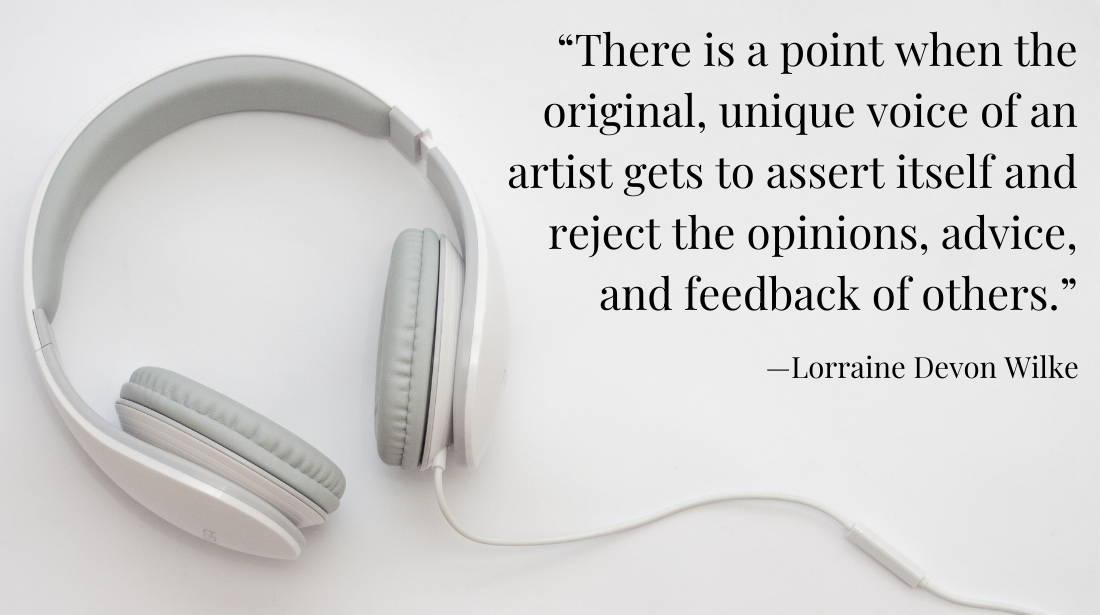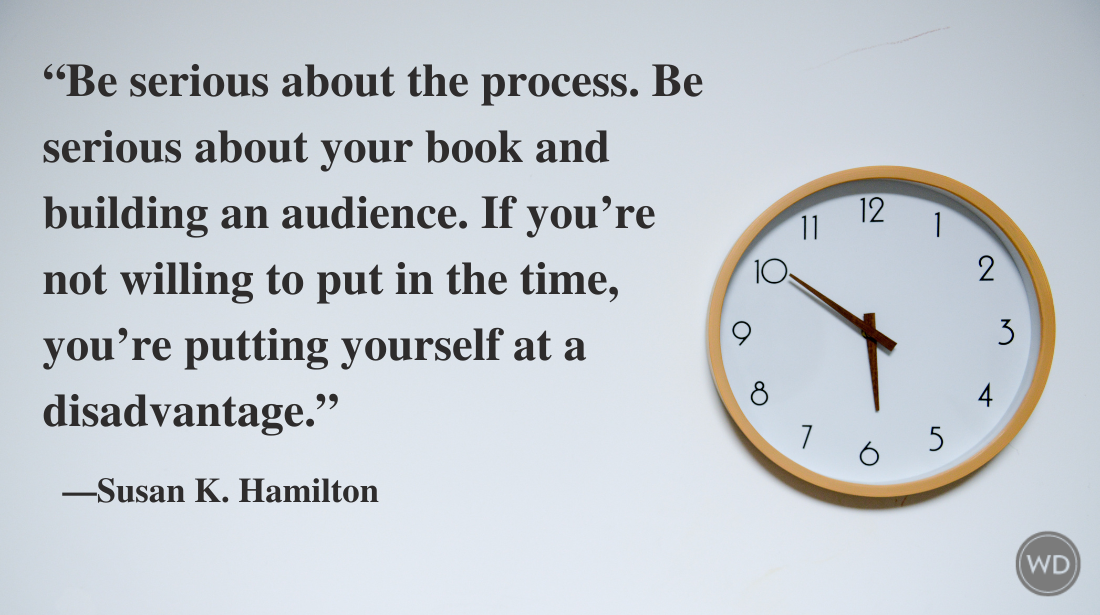How to Use Pinterest to Market Your Book
There’s a new kid on the social media block that is changing the way people communicate online and it’s called Pinterest. Here’s how to use it to market your book.
"A picture is worth a thousand words"...especially if those words represent word of mouth.
There's a new kid on the social media block that is changing the way people communicate online. Facebook and Twitter rely on text to share information. However, a unique website called Pinterest allows people to use pictures as the focus to organize, discuss, and spread their ideas and interests. My wife recently discovered Pinterest and is addicted to it. "I love using pictures to remember stuff and tell my friends," she says. "It's so much more fun than Facebook." Her comments really got my attention.
Pinterest is described as a pinboard-styled social photo sharing website. The service allows users to create and manage collections of images based on a theme. For instance, my wife likes to collect and display images of home decorating ideas, recipes, travel spots, and her favorite books. Her friends see pictures of the items that she recommends, and they can click on the picture to get more information or even make a purchase. Multiply this effect by millions of users, and there are incredible opportunities to spread digital word of mouth like wildfire.
As of last week, Pinterest was the third most popular social networking site behind Facebook and Twitter. In addition, over 58% of the traffic is female with 59% between the ages of 25 and 44. For individuals and businesses trying to reach men and women between the ages of 25 to 44, Pinterest is the ideal social network to utilize.
If you're an author or publisher, Pinterest offers legitimate opportunities to create online word of mouth. Here are five tips on how to use this new service to market your books:
1. Place "Pin It" buttons on your author or publisher website that let people easily add a picture of your book covers to their Pinterest profiles. For example, put a "Pin It" button next to all of your book covers with a link back to your site or an online retailer, such as Amazon. When Pinterest users "pin" your book covers to their profiles with a brief description, it gives their followers a one-click opportunity to buy your book based on their recommendation.
Use this link to get the code for a "Pin It" button: http://pinterest.com/about/goodies/ The "Pin It" button is made to look like and function similarly to both Facebook's "Like" and Twitter's "Retweet" buttons. Placing them all together will increase the social awareness of your products.
Pinterest says that "while a description is optional, it is recommended; specifying it lowers the friction for your users to pin your products. You can have multiple Pin It buttons on each page. Just make sure that each button is next to and associated with the correct product, visually."
2. If you're a fiction author, you could use Pinterest to help your novels come alive. For instance, you could display images of the settings, locations, history, or details within your story. If you wrote a novel set during the Civil War, you could show images from the actual battlefield location, clothing that was worn by men and women during that period, pictures of historical leaders, etc. Use imagery to add a new dimension to your books. (These ideas also apply to non-fiction books.)
3. Create a Pinterest profile and use it to show behind-the-scenes images of your life as an author or your organizational culture as a publisher. For instance, you could display pictures of your writer's cave, favorite writing tools, recommended resources, top 10 lists of books, etc. Publishers could display pictures of their staff and an inside look into the company. Use imagery to help make the impersonal become more personal.
4. Display images on Pinterest that represent coupons or discounts that users can redeem when buying your books. For example, show a picture of a printable coupon or a discount code that can be used on your website or redeemed at a retailer.
5. Use Pinterest to host a contest. For instance, you can pin a selection of your book cover photos, and to participate in the contest, users have to repin your book photos, choosing their favorite. This can help your titles go viral, and you can randomly select one user who re-pinned the book that got the most attention. This also gives you the opportunity to find out which of your books are the most popular. Another way to hold a contest is to ask users to pin their own photos of your books. The one that gets the most attention from other users walks away with a prize.
Pinterest is the visual version of Facebook and Twitter. And, most people would rather look at interesting pictures than read through boring text. If a picture is worth a thousand words, then Pinterest may be worth a thousand sales.
About the author:
Rob Eagar is the founder of WildFire Marketing, a consulting practice that helps authors and publishers sell more books and spread their message like wildfire. He has assisted numerous New York Times bestselling authors and his new book, Sell Your Book Like Wildfire, will be published by Writer’s Digest in June, 2012. Find out more about Rob’s advice, products, and coaching services for authors at: www.startawildfire.com
Rob Eagar is one of the most accomplished book marketing experts in America. He has coached over 1,000 authors and helped both fiction and nonfiction books hit The New York Times bestseller list. His clients include million-copy bestsellers, such as Dr. Gary Chapman, Lysa TerKeurst, Dr. John Townsend, and Wanda Brunstetter. Rob is the top marketing instructor for Writer's Digest University and teaches the popular online courses, Mastering Amazon for Authors and How to Sell Books on a Shoestring Budget. Learn more about Rob and get 3 free e-books to help jumpstart your sales at: http://www.RobEagar.com









